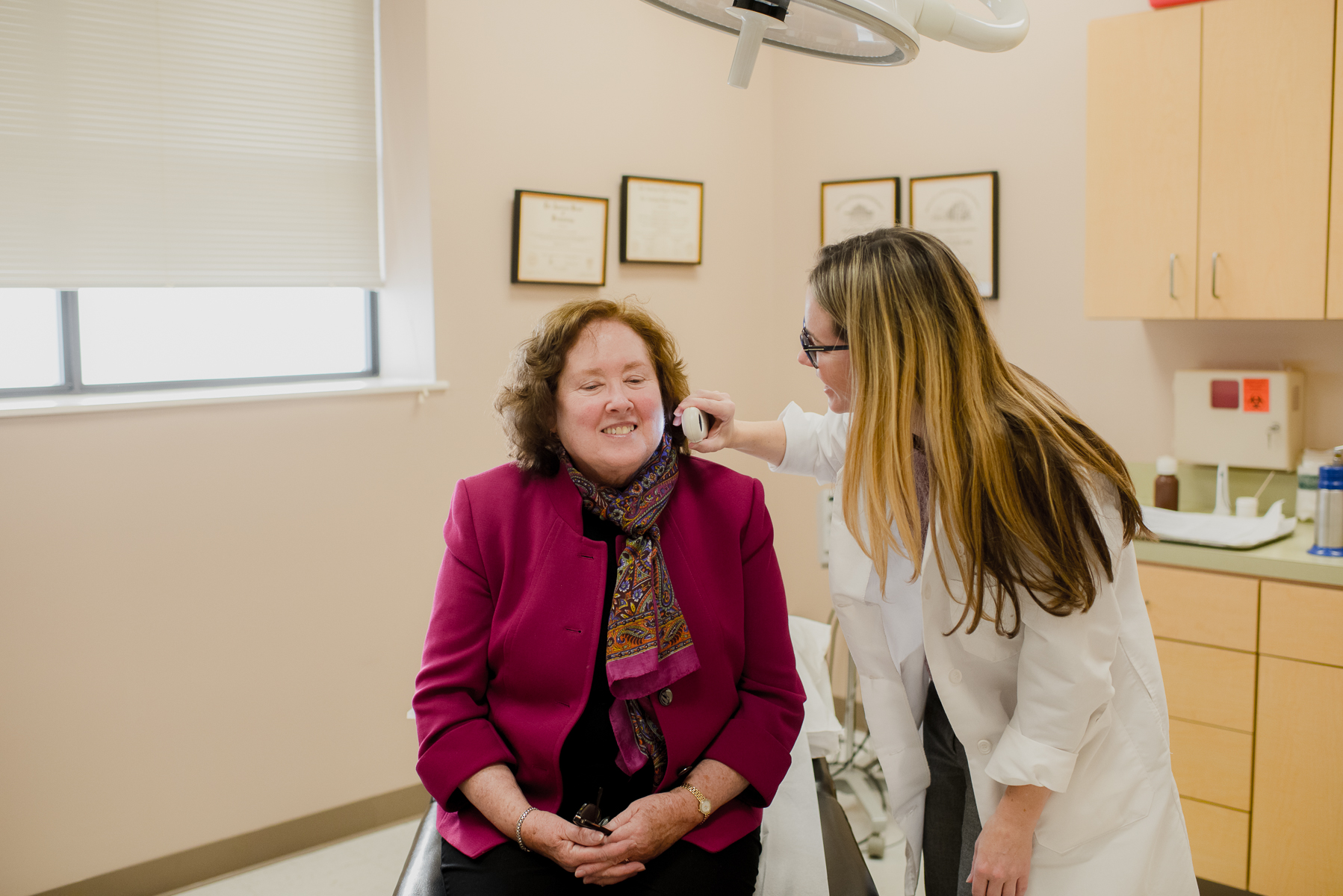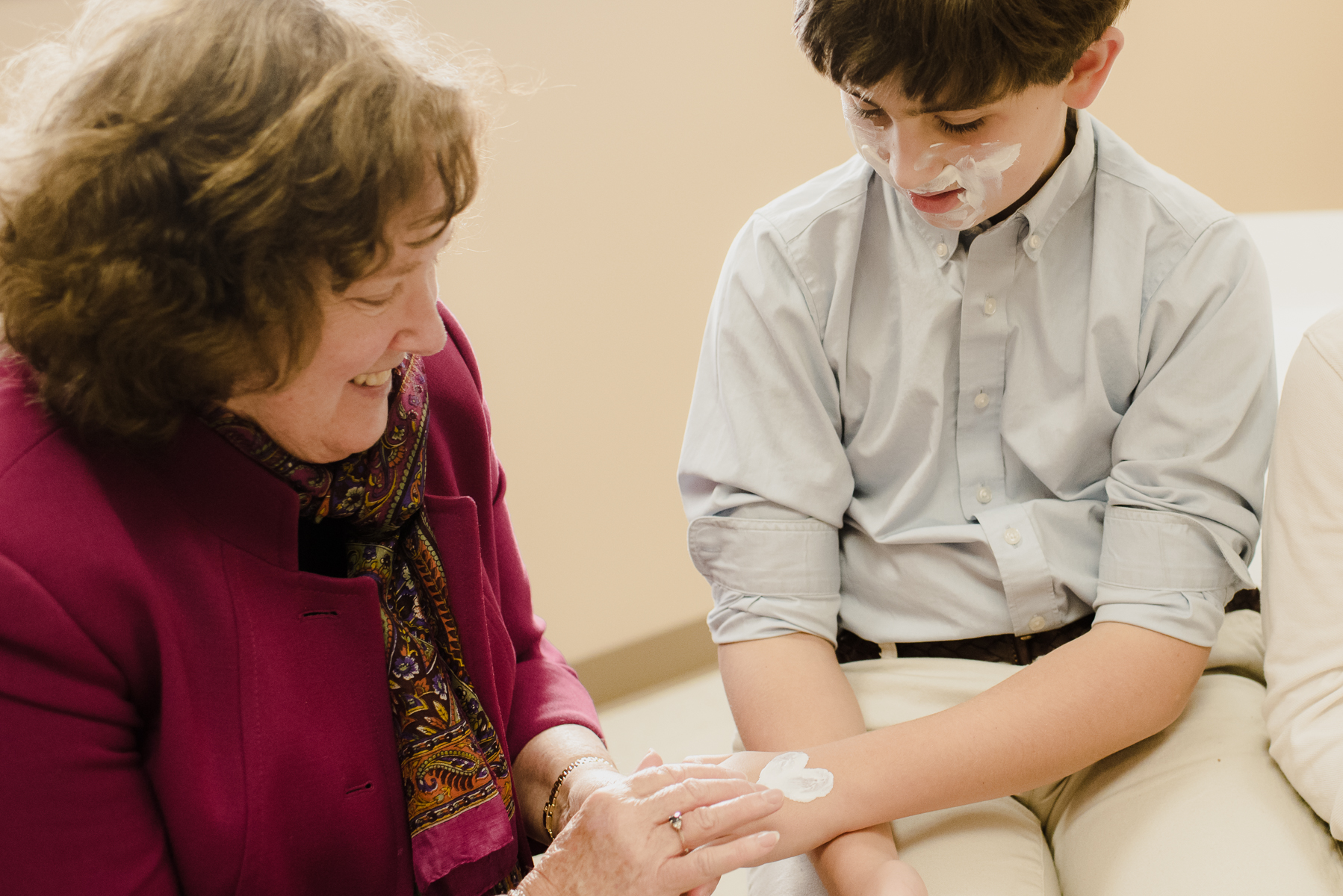You should have a suspicious looking spot treated before that spot is larger than a pencil eraser, however, it is never too early to schedule a Cancer screening or Full Skin Exam. Early detection and treatment is crucial and can be life saving.
Dermatopathology is a specialized Pathology of the skin. We have on staff a licensed Dermatopathologist that can make a definitive diagnosis based on microscopic observations of your skin tissue. Misdiagnosis of skin cancers and other infectious disorders can be fatal. Dermatopathologist do not use automated laboratory tests, they make assessments of skin tissue through a microscope in order to provide you with the most accurate and absolute best possible diagnosis.
Early detection of melanoma can be life saving. The A, B, C, D and E’s of Detecting Melanoma are:
A (Asymmetry) – One half of the spot does not match the other half
B (Border Irregularity) – Notched or ragged edges
C (Color) – Varried shades of tan, black and brown
D (Diameter) – spot is greater than 6 millimeters (the size of a pencil eraser)
E (Evolving) – changes in size, shape, color or symptoms like bleeding, itching and tenderness
Pay extra care to these A, B, C, D and E’s when inspecting your body and make sure to get on a regular schedule with your dermatologist for skin exams and cancer screenings.




